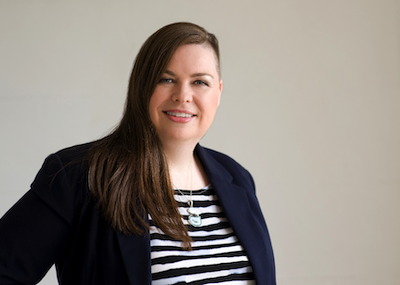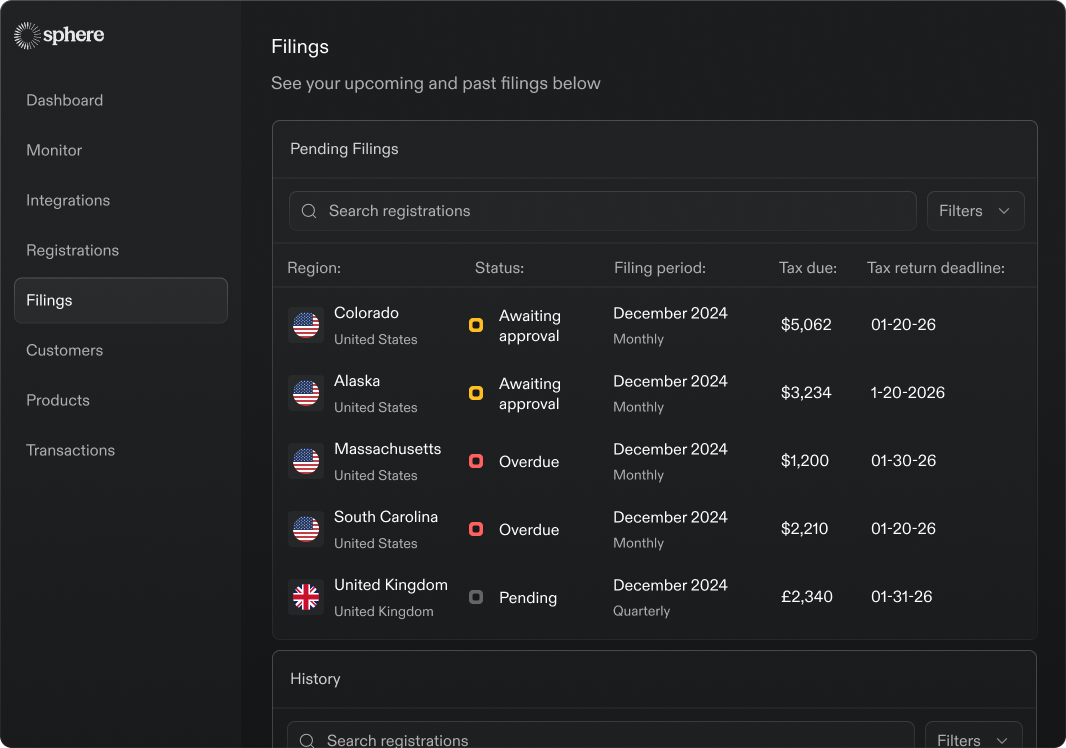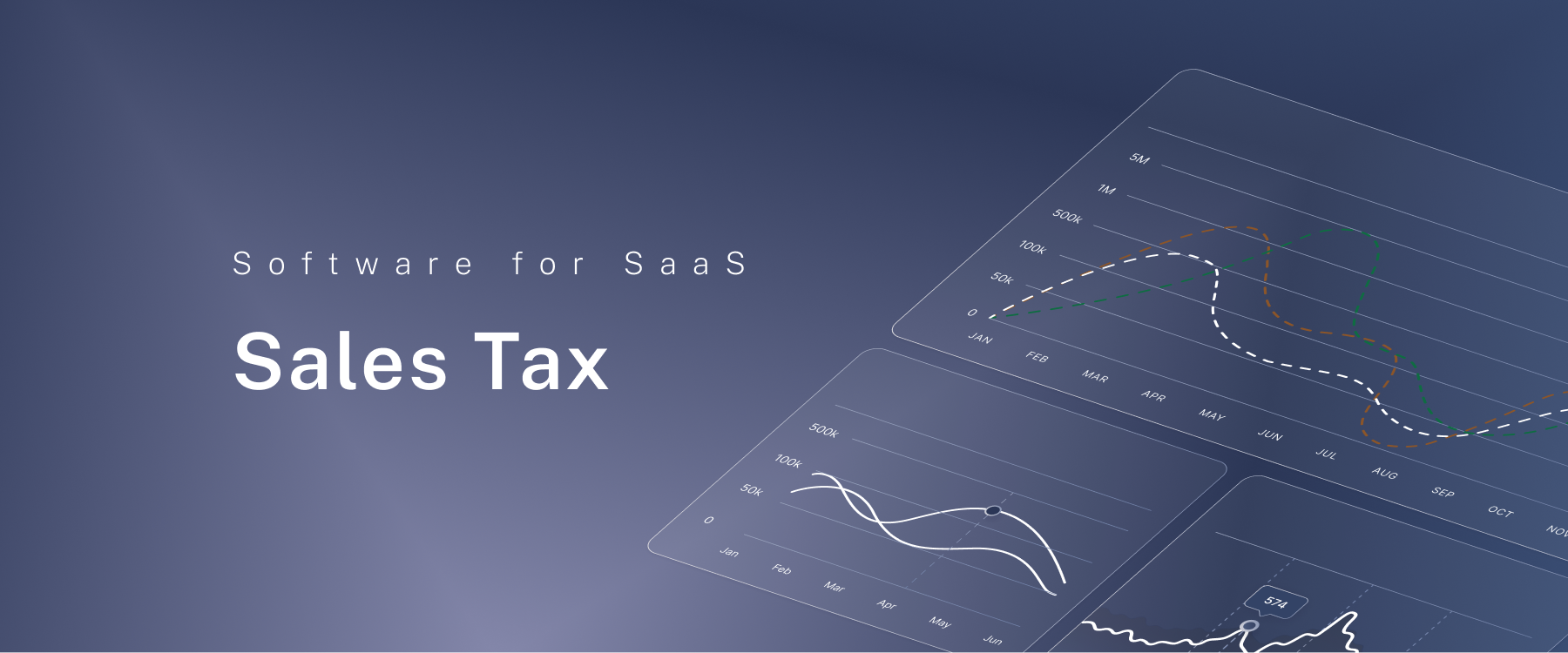.png)
As of 2025, South African VAT rules are tightening, and SaaS companies selling to customers in the country can’t afford to ignore their VAT obligations.
Recent updates to digital services rules mean that B2B sellers selling into South Africa who only make sales to business customers are not required to register for VAT. This also means that B2B sellers into the country now apply the reverse charge mechanism. Qualifying sellers who are currently registered but meet these criteria are even required to deregister.
Confused about new South African VAT obligations? This guide tells you what’s changing and how you can automate your South African tax compliance.
South Africa VAT: What SaaS Companies Should Know
South Africa has a 15% value added tax (VAT) on nearly all purchases. VAT is charged on both goods and services. The South African Revenue Service (SARS), South Africa’s taxing authority, administers VAT.
How South African VAT Works
Key VAT Concepts
VAT is an indirect tax that is charged at all points along the supply chain. For example, the manufacturer charges VAT to the wholesaler, who then charges VAT to the retailer on down to the end customer.
Businesses like manufacturers, wholesalers, and retailers pay input VAT when making a purchase, and charge output VAT when selling to their customers down the supply chain.
Standard and Zero-Rated VAT Rates
The South African standard VAT rate is 15%.
Each country makes its own rules about what is taxable, and most goods and services are generally subject to VAT. However, some items are “zero-rated” or exempt from VAT altogether.
Zero-rated supplies are technically subject to VAT, but the VAT is “charged” at 0%. Because of this distinction, businesses can still reclaim any input VAT they paid on their VAT returns.
With exempt supplies, businesses don’t charge VAT, but they also can’t claim any VAT credits on VAT they paid when purchasing those items.
VAT Registration in South Africa
Who Must Register
Businesses who make more than ZAR 1 million (about $56,000 USD or 48,000 €) in taxable turnover in a 12-month period must register for South African VAT.
Businesses who make more than ZAR 50,000 (about $3,000 US or 2,500 €) can choose to voluntarily register for VAT in order to obtain benefits such as input VAT credits.
As of 1 April 2025, businesses who only sell B2B electronic services into South Africa are not required to register for VAT as long as they don’t sell to a single consumer. If they sell to consumers, they become VAT-eligible if they meet the other criteria.
SaaS businesses must be on the lookout for digital sales or recurring subscription sales into South Africa that trigger the VAT threshold.
How to Register (Including for Non-Residents)
Businesses must register within 21 business days of exceeding the threshold of ZAR 1 million in taxable turnover.
Resident vendors can register online at the SARS eFiling platform.
Non-resident vendors must manually fill out the VAT 101 application and send it to eCommerceRegistration@sars.gov.za.
Before registering, gather your necessary documentation. This includes:
- Completed VAT 101 form
- Certified copies of incorporation documentation (i.e. Certificate of Incorporation and Articles of Association, where applicable.)
- Proof of tax residency
- Photo ID
Note that processing times can be lengthy, up to two months. Set an alert to check back in if you haven’t received your VAT registration within 60 days.
Learn more about registering for South African VAT as a digital electronics seller here.
Do you need a local representative?
In South Africa, no local representative is needed if you only sell electronic services (like SaaS) into the country. However, if you sell anything else, you will need a local representative for your tax interests in the country.
Filing and Paying VAT in South Africa
VAT Deadlines and Filing Frequency
VAT returns are generally due by the 25th of the month following the end of the tax period. Most businesses will file and pay either monthly or bi-monthly, so check your filing paperwork for your business’s deadlines.
Recordingkeeping and Invoicing Requirements
When invoicing buyers in South Africa, be sure to include your customer’s details, your VAT number, and the net price and amount of VAT charged in ZAR.
Always retain invoices, VAT filing details, and input tax credit claims in case of an audit.
VAT Remittance
Once registered, you’ll have an account at SARS eFiling, where return filing is simple. You’ll be asked to pay via wire transfer.
A penalty of 10% is imposed on the late payment of VAT.
How VAT Applies to Digital Services
Electronic Services Definition
Digital services are considered taxable supplies in South Africa. Rules for VAT on digital services recently changed in South Africa. In this case, digital services include SaaS, subscriptions, streaming, apps, etc. If sold to a consumer in South Africa, they are considered “supplied in South Africa” and are then subject to South African VAT.
Place of Supply and Customer Location
If digital goods are sold to a consumer in South Africa, the “place of supply” is considered to be South Africa, and they are then subject to South African VAT. South Africa considers a purchase used in the country if purchased with a South African IP address, paid for with a South African billing address, or paid for by a South African payment source.
For non-resident vendors, it’s important to keep track of these details because it’s very easy to cross the ZAR 1 million threshold, which means you’re required to register for VAT. Unfortunately, no tax authority recognizes “I didn’t realize” as a good excuse for ignoring VAT obligations.
B2B vs B2C VAT Rules
As in many countries, VAT rules in South Africa differ when it comes to B2C and B2B sales.
Selling to Consumers (B2C)
South Africa’s standard 15% VAT rate must be applied to digital sales to individuals in South Africa.
Selling to Businesses (B2B)
As of April 2025, non-resident vendors can now apply the reverse charge mechanism when selling to business customers in South Africa. What does this mean?
This tax mechanism allows businesses who sell to other businesses to, under certain conditions, issue an invoice stating that the “reverse charge” applies. The seller in that case, does not charge VAT to the buyer, and then does not have to collect, report and remit VAT on that transaction.
The buyer instead self-assesses the VAT that would have been due on the transaction in their own local South African VAT return.
It’s important to note that the reverse charge only applies when selling to businesses that are VAT registered. Certain smaller businesses, such as those who do not make enough taxable turnover to be VAT registered, will still need to be charged VAT.
Key 2025 Updates to South Africa VAT
Reverse-Charge Exemption for B2B
As of April 2025, non-resident vendors are not required to register for VAT if they only sell to VAT-registered South African businesses.
However, it’s important to note that if your business sells to even one non-registered South African customer, you must register for VAT should your sales exceed the ZAR 1 million threshold.
Fiscal Representative No Longer Required
Though some non-resident vendors (e.g. those that sell physical products) are still required to have an in-country South African representative, sellers of digital products and services no longer need to take that extra step.
No VAT Rate Increase (Confirmed)
South Africa also attempted to increase the VAT rate from 15% to 15.5% but the proposal was reversed and the standard rate remains 15%.
Automating South Africa VAT Compliance
South Africa’s recent VAT changes created friction for finance teams all over the world. And countries are making these procedural changes to their tax schemes constantly. That’s why it’s vital to automate your business’s VAT compliance.
.png)
Solutions like Sphere take the guesswork out of staying tax compliant.
Sphere monitors your tax exposure, in South African and all the other countries in which you sell, and alerts you when it's time to register. Then they automate registration, so you don’t have to deal with that tricky administrative hassle that varies greatly from country to country.
Sphere also calculates tax in real time, including accounting for zero-rated and exempt items, and integrates with your billing system to eliminate manual accounting work.
Last but not least, Sphere files and pays your VAT and other indirect tax returns, taking one more hassle off your plate. With automation, even businesses with small finance teams (or no dedicated team at all) can confidently expand into global markets.
Stop Stressing Over South Africa VAT. Let Sphere Handle It
South Africa's 2025 VAT changes have created new compliance obligations for SaaS businesses, particularly the requirement to register if you sell to even one non-business customer alongside your B2B sales. With a ZAR 1 million threshold that's surprisingly easy to cross and penalties for late registration, the cost of getting South African VAT wrong far outweighs the investment in getting it right.
Sphere eliminates the complexity of South African VAT (or US sales tax or Australian GST) compliance by monitoring your sales thresholds, handling VAT registration (including the tricky non-resident process), calculating the correct 15% VAT in real-time, and filing and paying your returns automatically. Rather than wrestling with SARS eFiling and manual compliance processes, let Sphere's AI-powered platform handle your South African VAT obligations so you can focus on growing your business globally.








.png)

.png)






